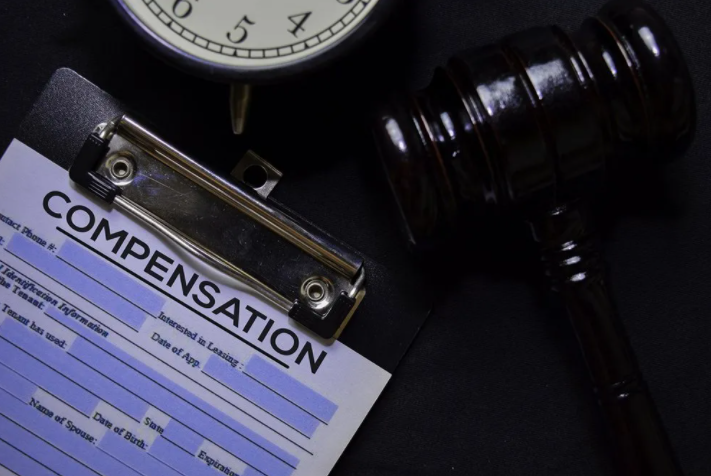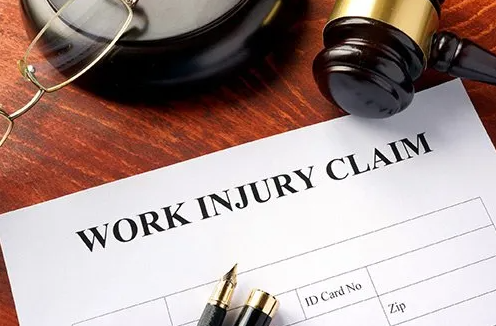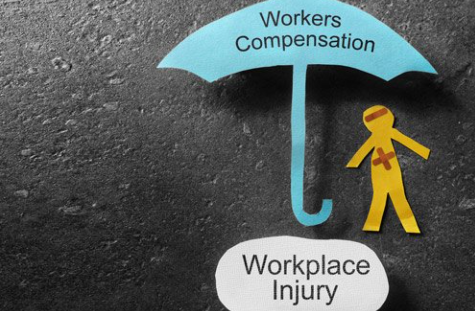INJURED WHILE WORKING ON THE DOCKS OR A BOAT?

WORKERS' COMPENSATION
Workers' compensation is an insurance that employers have to buy to protect their employees from financial loss due to a work-related injury or illness. The program is run by the state where the business is operated. It does not matter who is at fault. Even if you were horsing around when the injury occurred, if you were at work, you are covered.
This type of coverage is available for stevedores. However, it is not available for mariners. The coverage will pay up to 60 percent of the average weekly wage you received over the last year. There will be a limit to how long you can receive this compensation for a partial disability before you must apply for Social Security Disability Insurance.
LONGSHORE AND HARBOR WORKERS' COMPENSATION ACT (LHWCA)
The LHWCA is a federally run program for stevedores. Like state-run workers' compensation, there is no need to prove fault for a claim to be approved and paid. This act pays up to two-thirds of your average pay for the last year, and you can receive benefits for a partial disability permanently.
The requirements for a claim being approved under LHWCA is different from those for state workers’ compensation. This is why you should contact an attorney who is experienced with both of these before filing any paperwork. If you are approved for workers' compensation, you cannot receive benefits under LHWCA even if you would have qualified.
JONES ACT
The Jones Act pertains to anyone employed as a captain or member of the crew. It is very different from the other programs in that you must prove some type of negligence on the company. However, even if the company or boat owner is only 1 percent at fault, you have a case.
According to the Jones Act, you can sue the boat owner or company for any type of negligence. Negligence can be something as simple as not repairing a handrail or not having a sign warning you of a wet deck.
In addition, you may sue if you can prove the boat is unseaworthy. A boat may be deemed unseaworthy even if the owner did everything to create a safe workplace. It may start off as seaworthy but then have something happen while at sea that damages a part and makes it unseaworthy.
Under the Jones Act, the law states that your employer must provide you with maintenance and cure. This term means that your employer will pay your rent or mortgage, buy food, pay property taxes and insurance, and pay your utility bills while you are recovering. In addition, all your medical bills will be paid.
Whether you were on the boat or loading it, if you are injured while working, you are going to need legal help to navigate the different acts and programs. Contact The Law Offices of Jeffrey M. Greenberg. We will help you receive the financial benefits you are entitled to so you can spend all your time and energy healing.






